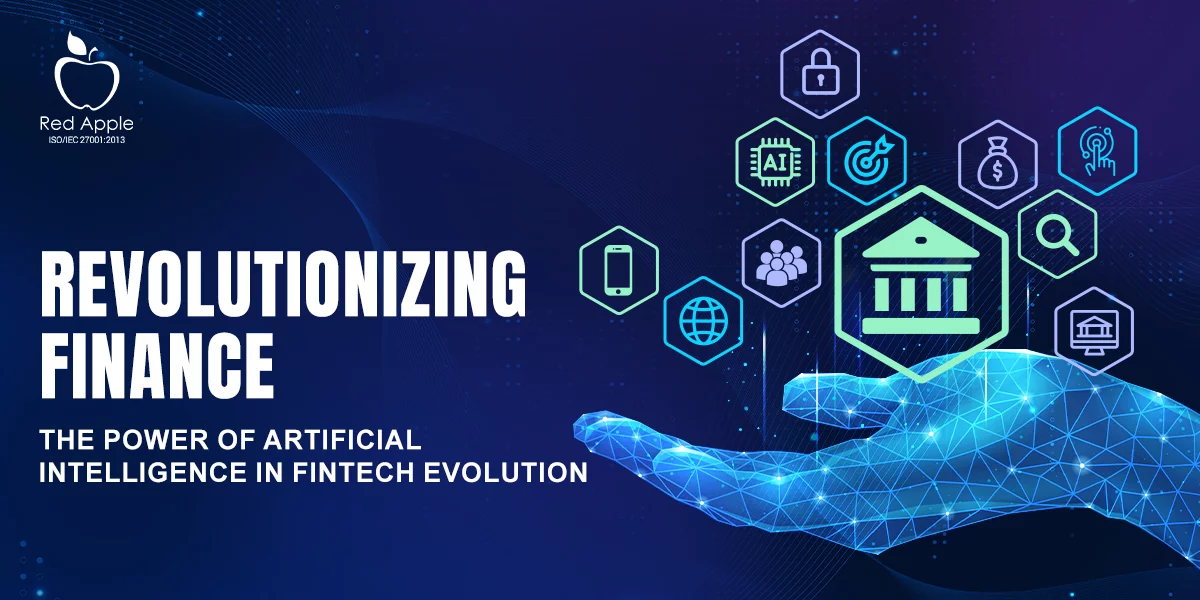In an era where environmental sustainability is crucial for the future of our planet, businesses are increasingly turning to innovative technologies to reduce their carbon footprint and promote eco-friendly practices. Among these technologies, Artificial Intelligence (AI) stands out as a powerful tool capable of driving significant advancements in sustainability across various industries. From optimizing energy efficiency to managing natural resources and combating climate change, AI offers profitable opportunities for businesses to embrace sustainability while enhancing operational efficiency and profitability.
The Role of AI in Driving Sustainability
AI’s ability to analyze vast amounts of data, identify patterns, and make data-driven decisions in real-time makes it indispensable for addressing complex sustainability challenges. By harnessing AI-powered solutions, businesses can achieve measurable improvements in resource management, waste reduction, energy consumption, and environmental impact mitigation. AI algorithms optimize processes, enhance predictive capabilities, and enable proactive interventions that contribute to a greener and more sustainable future.
Profitable Green Business Ideas Enabled by AI
Energy Management and Efficiency:
AI-powered systems monitor energy consumption patterns, analyze building data, and optimize HVAC systems for maximum energy efficiency. Predictive maintenance algorithms detect equipment failures in advance, reducing downtime and operational costs while lowering energy usage and greenhouse gas emissions.
Smart Grids and Renewable Energy Integration:
AI enhances the reliability and efficiency of smart grids by predicting demand fluctuations, optimizing renewable energy generation, and balancing supply and demand in real-time. Grid operators use AI to integrate solar, wind, and other renewable sources seamlessly into the energy mix, reducing reliance on fossil fuels and supporting sustainable energy transitions.
Precision Agriculture and Sustainable Farming:
AI-driven precision agriculture technologies analyze soil data, weather patterns, and crop health metrics to optimize irrigation, fertilizer use, and pest control. Drones equipped with AI-enabled sensors monitor crop growth and detect early signs of disease or nutrient deficiencies, enabling farmers to reduce chemical inputs, conserve water, and improve crop yields sustainably.
Circular Economy and Waste Management:
AI facilitates waste sorting and recycling processes by identifying recyclable materials, improving sorting accuracy, and reducing contamination. Smart waste management systems optimize collection routes, monitor bin fill levels, and promote recycling behaviors among consumers and businesses, contributing to a circular economy and minimizing landfill waste.
Climate Modeling and Environmental Monitoring:
AI-powered climate models simulate complex environmental processes, predict climate change impacts, and inform policy decisions. Satellite imagery, IoT sensors, and AI algorithms monitor air and water quality, track deforestation rates, and detect wildlife habitat changes, enabling governments and organizations to implement targeted conservation strategies and mitigate environmental degradation.
Building Profitable AI Solutions for Sustainability
AI-Driven Environmental Data Analytics Platforms:
Develop AI-powered platforms that integrate environmental data sources, such as satellite imagery, climate data, and IoT sensors. These platforms provide analytics and visualization tools for businesses, governments, and NGOs to monitor environmental metrics, assess sustainability performance, and inform decision-making processes.
AI-Based Carbon Footprint Assessment and Management Tools:
Offer AI-based solutions for calculating and managing carbon footprints across supply chains, products, and operations. These tools help businesses measure emissions, identify reduction opportunities, and achieve carbon neutrality goals, attracting environmentally-conscious consumers and investors.
AI-Powered Sustainable Supply Chain Optimization:
Implement AI-driven supply chain optimization solutions that consider environmental impact metrics alongside cost and efficiency factors. AI algorithms analyze supplier performance, transportation routes, and inventory management practices to reduce carbon emissions, minimize waste, and promote ethical sourcing practices.
AI-Enabled Green Building Design and Management:
Develop AI tools for architects and engineers to optimize green building designs, energy-efficient HVAC systems, and sustainable materials selection. AI simulations predict building performance, energy savings potential, and indoor environmental quality, supporting LEED certification and enhancing market competitiveness in the green construction sector.
Challenges and Considerations
While AI offers promising avenues for sustainability, businesses must navigate challenges such as data privacy, algorithmic bias, and regulatory compliance. Ensuring transparency in AI algorithms, securing sensitive environmental data, and fostering collaboration across stakeholders are critical for achieving meaningful sustainability outcomes and building trust in AI-driven solutions.
AI’s transformative potential in driving sustainability is undeniable, offering businesses innovative solutions to mitigate environmental impact, enhance resource efficiency, and foster economic growth. By investing in AI-powered technologies for energy management, sustainable agriculture, waste reduction, and climate resilience, businesses can position themselves as leaders in the transition towards a more sustainable future. Embracing AI isn’t just a strategic imperative; it’s a pathway to profitability, resilience, and environmental stewardship in a rapidly changing global landscape. As AI continues to evolve, its role in advancing sustainable business practices will play a pivotal role in shaping a greener and more prosperous world for generations to come.


